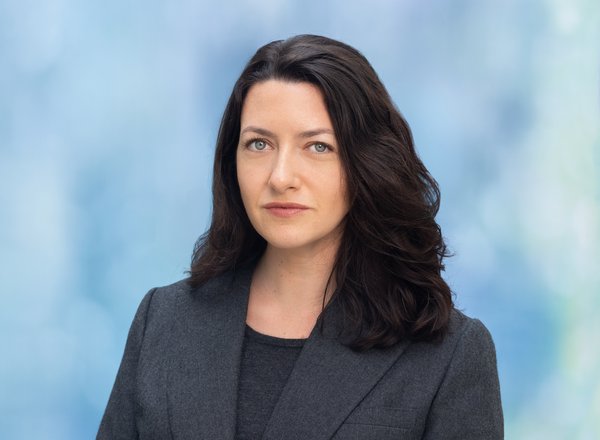The Court of Appeal has handed down judgment in a mid-trial appeal concerning the proper construction of a pleading.
The Claimants are members of a group of companies which own and operate websites such as Getty Images which comprises millions of visual assets, including photographs and video footage, covering a broad range of subject matter. The Defendant, Stability AI, launched a deep learning, text-to-image AI model that is used to generate detailed synthetic images in response to text commands and image prompts entered by users, known as Stable Diffusion. Stable Diffusion was trained on visual assets taken from the internet, including around 12.3 million visual assets, together with associated captions, from the Getty Images websites, as well as publicly accessible third-party websites. Getty Images has brought a claim against Stability AI for infringement of copyright, database right, UK registered trademarks and for passing off. This trial of this action is being heard this month in the High Court.
As part of the claim, Getty Images pleaded that "Stable Diffusion can be used to create images that contain pornography, violent imagery, and propaganda. Any association with such will tarnish the reputation of the Trade Marks and each of them. Examples of such images which have been created using Stable Diffusion are at pages 20 and 100 of Annex 8H and Confidential Exhibit DAS-15 to the Witness Statement of David Stanley" (the "Tarnishment Allegation").
In the Trial Skeleton Argument, Getty Images referred to the fact that Stable Diffusion was trained on third-party websites, including websites which included "not safe for work" content and images of child sexual abuse material ("CSAM") and so Stable Diffusion is capable of generating artificial image outputs which contain unsafe materials including the generation of pornographic images. Getty Images' position is that this argument is contained within the Tarnishment Allegation.
On the first day of the trial, following an application by Stability AI, the trial judge found that the term "pornography" only referred to legal pornography and so the Tarnishment Allegation did not include CSAM. The judge made an order that Getty Images could not deploy the arguments relating to CSAM in the trial.
Getty Images appealed this decision, and the Court of Appeal heard the appeal and gave judgment within two working days.
The Court of Appeal (Males and Arnold LLJ) found that although the Judge erred in finding that the term "pornography" only referred to legal pornography, and in principle, CSAM was a type of pornography (§§20-21, 34-35), the Tarnishment Allegation had been amended after a CMC to include examples of the images referred to, and those examples did not include CSAM images (§28). On that basis, the Court found that Getty Images' pleaded case did not include allegations regarding Stable Diffusion's ability to create CSAM (§§31, 36).
Michael Bloch KC and Marlena Valles acted for the Appellants.
The judgment may be found here.















